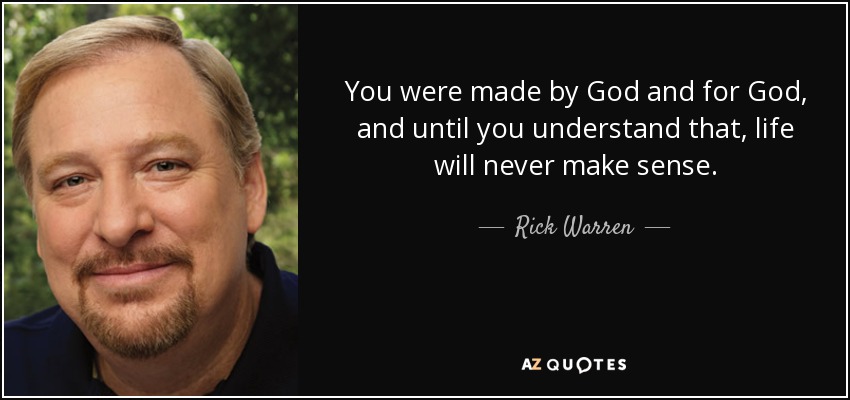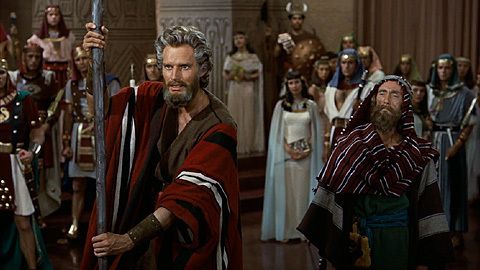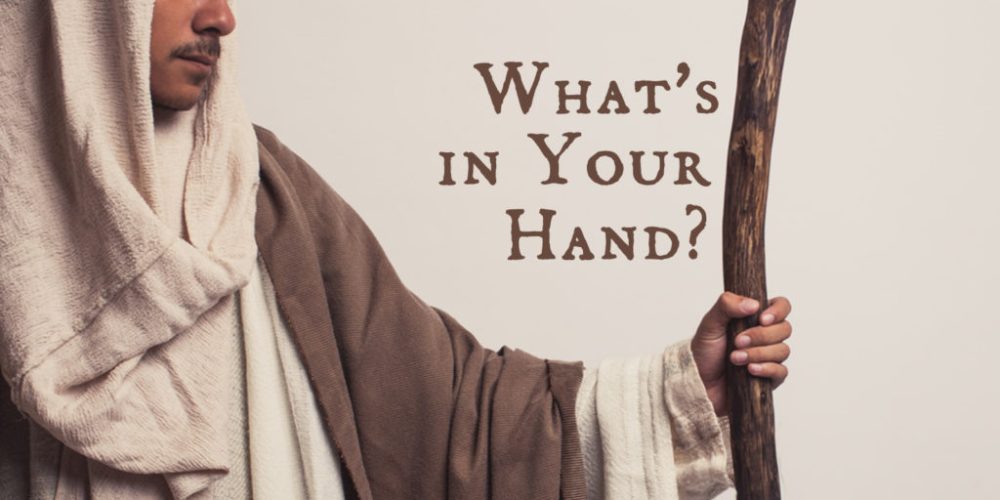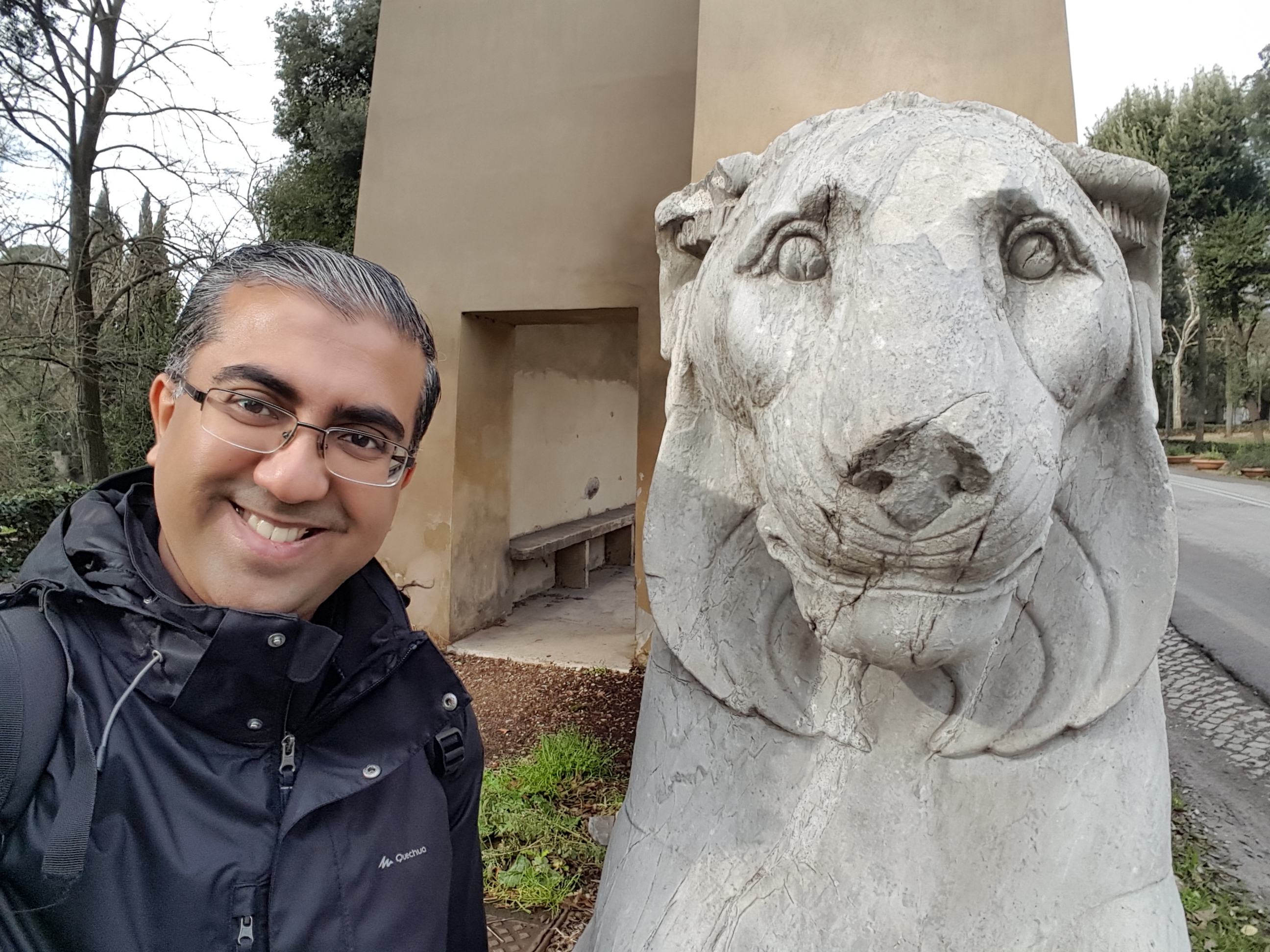I recently came across a TED talk by Rick Warren who is a best-selling author, ‘A Purpose Driven Church’ being one of his most recognised in Church circles. It’s a dated but timeless reflection, which I think is even more relevant in our own time. Few articles impress me, this was one of them, hence I would like to share this with you here on Musings in Catholic Land. So here goes…
Rick Warren:
“Spiritual emptiness is a universal disease. I think inside at some point, we put our heads down on the pillow, and we go, “There’s got to be more to life than this. Get up in the morning, go to work, come home and watch TV, go to bed, get up in the morning, go to work, come home, watch TV, go to bed, go to parties on weekends.” A lot of people say, “I’m living.” No, you’re not living — that’s just existing. Just existing. I really think that there’s this inner desire. I believe that you’re not an accident. Your parents may not have planned you, but I believe God did. I think there are accidental parents; there’s no doubt about that. I don’t think there are accidental kids. And I think you matter.
I think you matter to God; I think you matter to history; I think you matter to this universe. And I think that the difference between what I call the survival level of living, the success level of living, and the significance level of living is: Do you figure out, “What on Earth am I here for?” I meet a lot of people who are very smart, and say, “But why can’t I figure out my problems?” And I meet a lot of people who are very successful, who say, “Why don’t I feel more fulfilled? Why do I feel like a fake? Why do I feel like I’ve got to pretend that I’m more than I really am?” I think that comes down to this issue of meaning, of significance, of purpose. I think it comes down to this issue of: “Why am I here? What am I here for? Where am I going?” These are not religious issues. They are human issues.

The problem is most people never really think it through. They never really codify it or qualify it or quantify it, and say, “This is what I believe in. This is why I believe what I believe.” I don’t personally have enough faith to be an atheist. But you may, you may. Your worldview, though, does determine everything else in your life, because it determines your decisions; it determines your relationships; it determines your level of confidence. It determines, really, everything in your life. What we believe, obviously—and you know this—determines our behaviour, and our behaviour determines what we become in life.
Materialism is all about getting; get, get, get, get all you can, can all you get, sit on the can and spoil the rest. It’s all about more, having more. And we think that the good life is actually looking good—that’s most important of all—looking good, feeling good and having the goods. But that’s not the good life. I meet people all the time who have those, and they are not necessarily happy. If money actually made you happy, then the wealthiest people in the world would be the happiest. And that I know, personally, I know, is not true. It’s just not true.
So, the good life is not about looking good, feeling good or having the goods; it’s about being good and doing good. Giving your life away. Significance in life doesn’t come from status, because you can always find somebody who’s got more than you. It doesn’t come from sex. It doesn’t come from salary. It comes from serving. It is in giving our lives away that we find meaning, we find significance. That’s the way we were wired, I believe, by God.
And, being a pastor, I started reading the Bible. There’s a chapter in the Bible called Psalm 72, and it’s Solomon’s prayer for more influence. When you read this prayer, it sounds incredibly selfish, self-centred. He says, “God, I want you to make me famous.” That’s what he prays. He said, “I want you to make me famous. I want you to spread the fame of my name through every land. I want you to give me power. I want you to make me famous; I want you to give me influence.” And it just sounds like the most egotistical request you could make, if you were going to pray. Until you read the whole psalm, the whole chapter. And then he says, “So that the king …” (he was the king of Israel at that time, at its apex in power) “… so that the king may care for the widow and orphan, support the oppressed, defend the defenceless, care for the sick, assist the poor, speak up for the foreigner, those in prison.” Basically, he’s talking about all the marginalised in society.
You know, there’s a story in the Bible about Moses. If you saw the movie, ‘The Ten Commandments’, Moses goes out, and there’s this burning bush, and God talks to him, and God says, “Moses, what’s in your hand?” I think that’s one of the most important questions you’ll ever be asked: “What’s in your hand?” Moses says, “It’s a staff. It’s a shepherd’s staff.” And God says, “Throw it down.” He throws it down, and it becomes a snake. And then God says, “Pick it up.” And he picks it up again, and it becomes a staff again. OK. What’s that all about? Well, I do know a couple of things. Number one, God never does a miracle to show off. It’s not just, “Wow, isn’t that cool?” He’s got a few more powerful ways than that to do whatever He wants to do. But He doesn’t do miracles just to show off.

Second thing is, if God ever asks you a question, He already knows the answer. Obviously, if He ‘s God, then that would mean that when He asks the question, it’s for your benefit, not his. So he’s going, “What’s in your hand?” Now, what was in Moses’ hand? Well, it was a shepherd’s staff. Now, follow me on this.
This staff represented three things about Moses’ life. First, it represented his identity; he was a shepherd. It’s the symbol of his own occupation – I am a shepherd. It’s a symbol of his identity, his career, his job. Second, it’s a symbol of not only his identity, it’s a symbol of his income, because all of his assets are tied up in sheep. In those days, nobody had bank accounts, or American Express cards, or hedge funds. Your assets are tied up in your flocks. So it’s a symbol of his identity, and it’s a symbol of his income. And the third thing: it’s a symbol of his influence. What do you do with a shepherd’s staff? Well, you know, you move sheep from point A to point B with it, by hook or by crook. You pull them or you poke them. One or the other. So, he’s saying, “You’re going to lay down your identity. What’s in your hand? You’ve got identity, you’ve got income, you’ve got influence. What’s in your hand?” And he’s saying, “If you lay it down, I’ll make it come alive. I’ll do some things you could never imagine possible.” And if you’ve watched that movie, ‘Ten Commandments’, all of those big miracles that happen in Egypt are done through this staff.
Last year, I was invited to speak at the NBA All-Stars game. And so I’m talking to the players, because most of the NBA teams, NFL teams and all the other teams have done this 40 Days of Purpose, based on the book. And I asked them, “What’s in your hand? So, what’s in your hand?” I said, “It’s a basketball. And that basketball represents your identity, who you are: you’re an NBA player. It represents your income; you’re making a lot of money off that little ball. And it represents your influence. And even though you’re only going to be in the NBA for a few years, you’re going to be an NBA player for the rest of your life. And that gives you enormous influence. So, what are you going to do with what you’ve been given?”

“What’s in your hand?” What do you have that you’ve been given? Talent, background, education, freedom, networks, opportunities, wealth, ideas, creativity. What are you doing with what you’ve been given? That, to me, is the primary question about life. That, to me, is what being purpose-driven is all about. In the book, I talk about how you’re wired to do certain things. You’re “SHAPED” with (a little acrostic): Spiritual gifts, Heart, Ability, Personality and Experiences. These things shape you. And if you want to know what you ought to be doing with your life, you need to look at your SHAPE: “What am I wired to do?” Why would God wire you to do something, and then not have you do it? If you’re wired to be an anthropologist, you’ll be an anthropologist. If you’re wired to be an undersea explorer, you’ll be an undersea explorer. If you’re wired to make deals, you make deals. If you’re wired to paint, you paint.
Did you know that God smiles when you “be you”? When my kids were little (they’re all grown now, I have grandkids), I used to go in and sit on the side of their bed, and I used to watch my kids sleep. And I just watched their little bodies rise and lower, rise and lower. And I would look at them: “This is not an accident.” Rise and lower. And I got joy out of just watching them sleep. Some people have the misguided idea that God only gets excited when you’re doing, quote, “spiritual things,” like going to church or helping the poor, or, you know, confessing or doing something like that. The bottom line is, God gets pleasure watching you be you. Why? He made you. And when you do what you were made to do, He goes, “That’s my boy! That’s my girl! You’re using the talent and ability that I gave you.”
So my advice to you is: look at what’s in your hand — your identity, your influence, your income — and say, “It’s not about me. It’s about making the world a better place.”
(Excerpts from Rick Warren’s TED talk – A Life of Purpose, 2006; Rick Warren is the author of the best-selling book ‘A Purpose-Driven Life’.)
Read also:
What really happened between David and Goliath?
The Original ‘Headless Horseman’, 10 Missing Days and a Dead Pope put on trial
